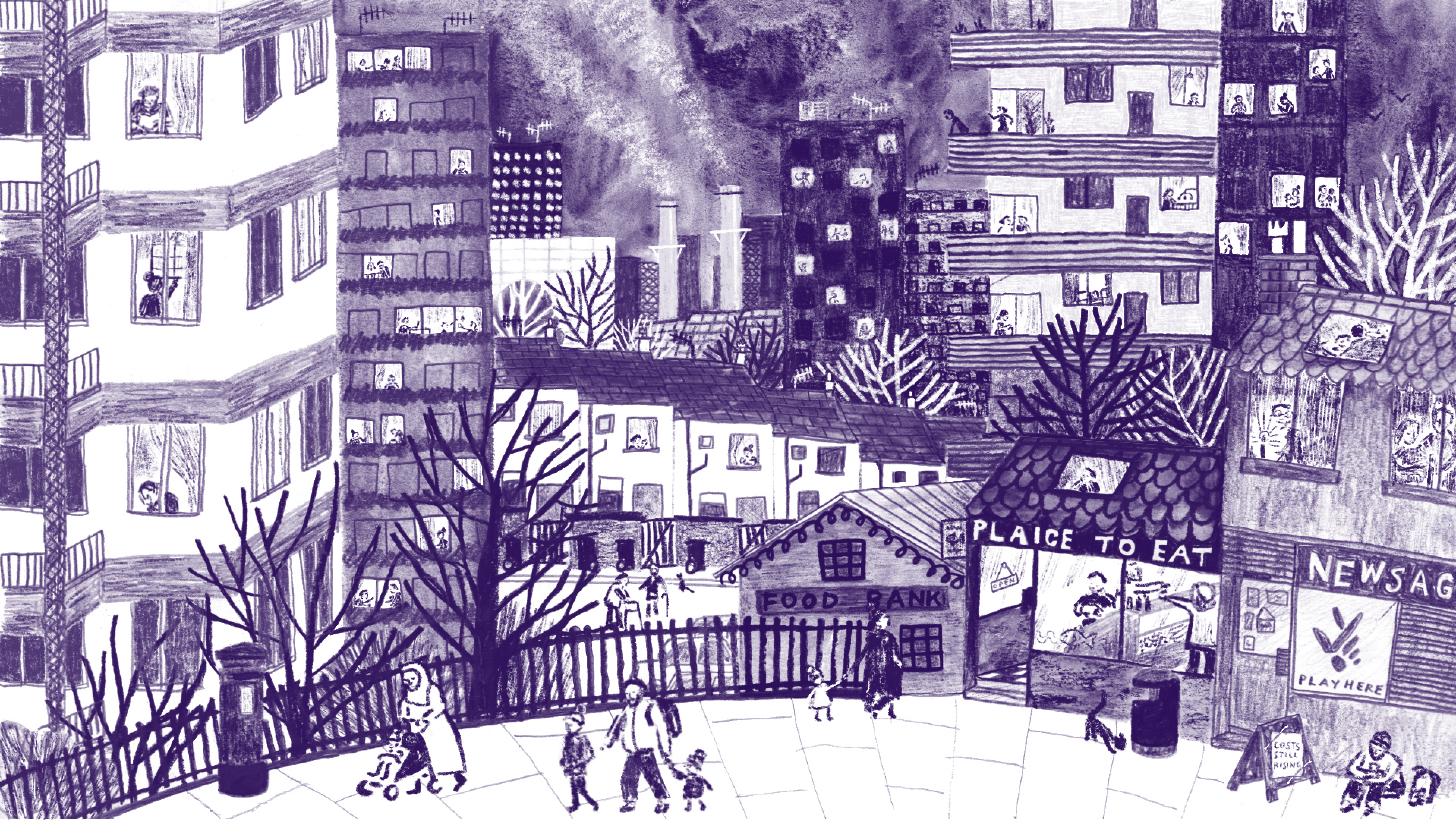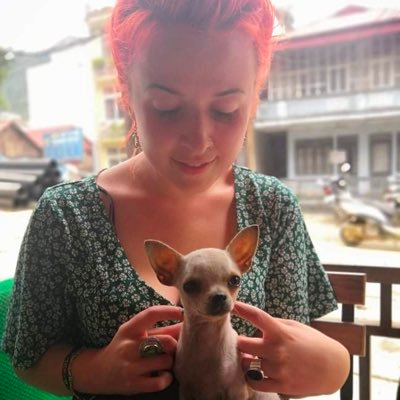


Uisce Jordan
University of YorkDoes the “mini-budget” reflect the needs of everyday realities?
27 Sep, 2022Chancellor Kwasi Kwarteng unveiled his "mini-budget" last week. This includes the largest tax giveaway in 50 years, which will primarily favour the wealthy and be initially funded by increased borrowing from the government. Focusing on benefiting the wealthiest in society makes it feel like this Chancellor is completely out of touch with what everyday people need. It feels absurd that he is removing the cap from bankers bonuses whilst tightening conditionality of those in receipt of social security payments, despite the UK already having some of the harshest in the world. His proposals seem inherently unfair, leaving many to feel pretty helpless while we worry about the level of inequality rising. Some people refer to this budget as "radical," however, what would be more radical would be to listen to people who are on low incomes or in struggling families to determine what changes are actually needed to improve everyday realities.
Newly published A Year Like No Other, lays out a change manifesto which helps to set out state action that is urgently needed in this radical way. This change manifesto was created in partnership with academics in collaboration with parents and caregivers living on a low income (who now make up Changing Realities). It calls for a fundamental change in the government's approach to social security and targeted investment in both social security and those who will need it at some point in their lives.
In the book's concluding chapter, crucial lessons are laid out, one of which being the experience of the project itself, of parents and carers from all over the UK coming together in "acts of unity and resistance." Perhaps this is what we should concentrate on as we prepare for the upcoming few months, during which we will experience heightened worry related to this cost of living emergency. As we move forward and acknowledge our shared reliance on social security, I hope the government would concur:
“Ultimately, changes should be made with an understanding the everyday realities of life on a low income, or a willingness to listen and learn about these realities, or to act on them and try to make things better.” (Patrick et al., 2022: 192).
A Year Like No Other (2022) is available online
